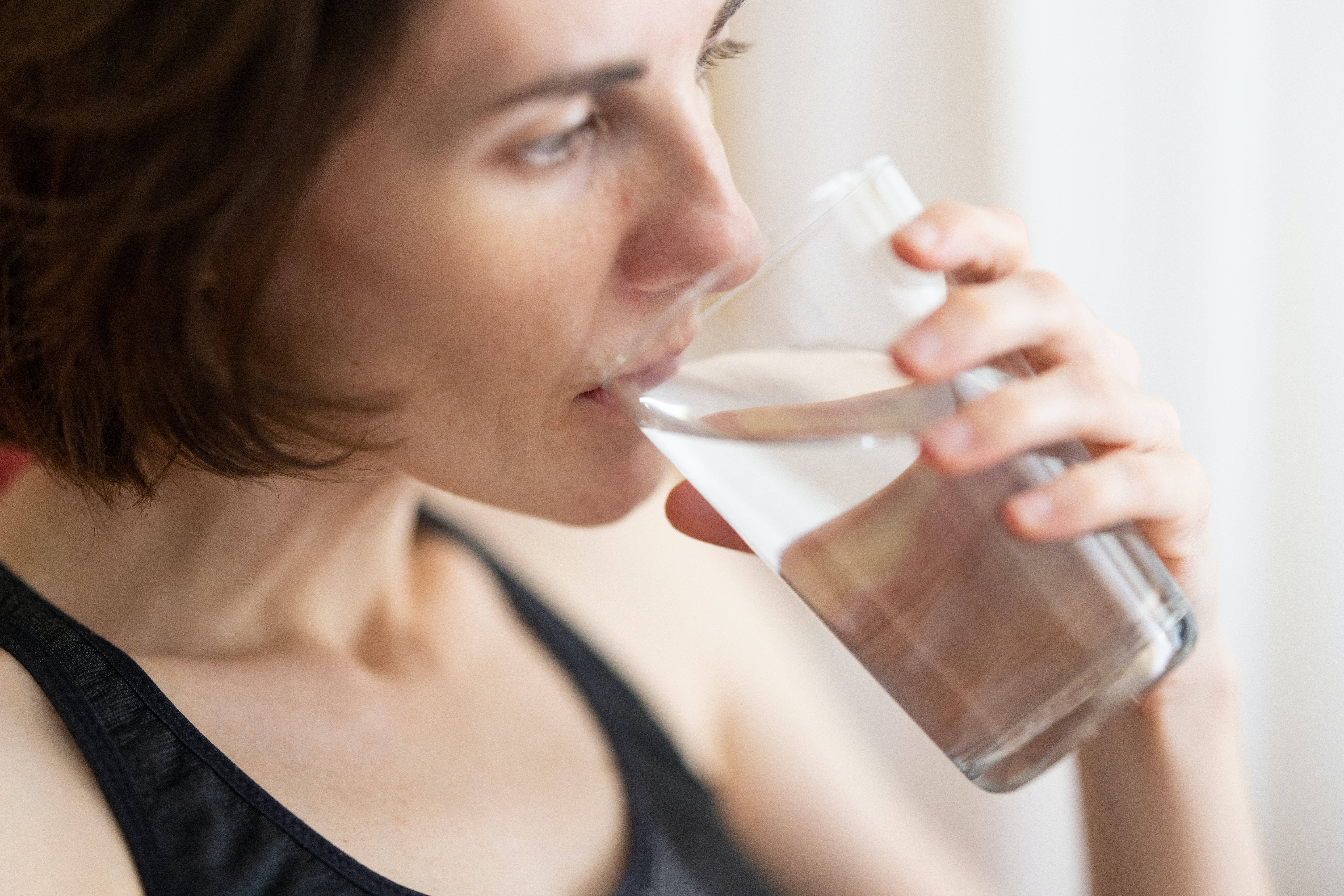 Various symptoms and characteristics of mild to severe dehydration are experienced by the body. The healthy human body consists of 60-70 percent water. Therefore, water is very important for the body. Experts recommend at least every day people drink two liters of water to meet the needs of the body.
Various symptoms and characteristics of mild to severe dehydration are experienced by the body. The healthy human body consists of 60-70 percent water. Therefore, water is very important for the body. Experts recommend at least every day people drink two liters of water to meet the needs of the body.
Usually, dehydration is characterized by general symptoms such as excessive thirst, changes in urine color, and dry skin. However, other symptoms can be said to be unusual but that indicate the body is dehydrated.
Constipation
The digestive system needs a lot of water to work properly. This is because water improves performance by allowing food to flow more easily through the digestive tract and keeping the intestines healthy. If you are constipated, it can indicate that your body is not receiving enough fluids to get everything in your digestive system moving.
Low blood pressure
Blood consists of several parts, one of which is plasma. Plasma contains water, proteins, and salts. Therefore, the body needs sufficient water to prevent the blood from becoming too concentrated. When this happens, blood flow to vital organs slows down and causes low blood pressure.
Muscle cramps
Another unpleasant symptom of dehydration is muscle cramps. This condition is caused because the blood becomes more concentrated and in turn causes the blood volume to drop. When that happens, the body must prioritize and focus on sending blood to the heart above all else.
As a result, the muscles receive inadequate flow and cause cramps.
Headache
Dehydration is one of the main causes of migraines. This can happen because when the brain does not get enough fluid to function properly, a series of symptoms such as headaches and migraines will be felt periodically.
Feeling very tired
Dehydration can make a person lose energy during the day. Blood pressure drops when the intake of water in the body is not enough can cause blood flow to the brain to slow down and the heart rate to speed up. When combined, they all cause a feeling of exhaustion.
The frequency of urination is reduced
Because the amount of water that enters the body is not sufficient, the frequency of urination automatically decreases. Water is the key to helping the kidneys remove waste from the blood by turning it into the urine. If the volume of water is less, the waste will not be disposed of so that it remains in the body.